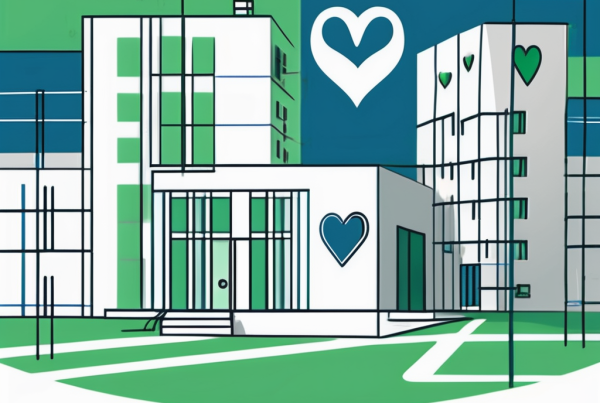Deciding to seek help for an eating disorder or depression is a critical step towards recovery. However, finding the right treatment center can feel overwhelming. Understanding what to look for in a center can help you make a more informed decision and find a place that meets your specific needs. Below is a simple list of common treatment options provided by reputable eating disorder and depression treatment centers.
Quick Overview of Treatment Options:
- Medical and Psychiatric Support: Medical management, psychiatric evaluation, and medication management.
- Therapy Services: Cognitive Behavioral Therapy (CBT), Dialectical Behavior Therapy (DBT), and Family Therapy.
- Nutritional Counseling: Dietary planning and guidance to restore healthy eating patterns.
- Experiential Therapies: Art Therapy, Psychodrama, and Expressive Arts Therapy.
- Trauma-Focused Therapies: Addressing underlying trauma and past experiences.
- Inpatient and Outpatient Programs: Structured environments for varying levels of care and support.
Understanding Eating Disorders and Depression
Eating disorders and depression are serious mental health conditions that can have life-threatening consequences if left untreated. Eating disorders, such as anorexia nervosa, bulimia nervosa, and binge eating disorder, involve abnormal eating habits that negatively affect physical and mental health. Depression, on the other hand, is a mood disorder characterized by persistent feelings of sadness and loss of interest in activities once enjoyed.
These conditions often co-occur, making treatment more complex. Effective treatment approaches must address both conditions simultaneously to improve outcomes.
Key Considerations When Choosing a Treatment Center
When selecting a treatment center, consider the following key factors to ensure that the facility offers comprehensive care tailored to your needs:
- Approach to Treatment: Look for centers that offer a combination of medical, nutritional, and psychological therapies.
- Qualifications of the Staff: Ensure that the staff includes licensed mental health professionals, dietitians, and psychiatrists with experience treating eating disorders and depression.
- Types of Therapy Offered: Seek centers providing diverse therapies, including evidence-based and experiential ones.
- Overall Environment: The environment should be supportive, nurturing, and non-judgmental, with structured routines to foster healthy habits.
Approach to Treatment
The best centers adopt an integrated approach to treatment, addressing both eating disorders and depression simultaneously. A combination of medical, nutritional, and psychological therapies ensures that all aspects of the conditions are treated, leading to better outcomes. Here’s what to look for:
- Medical Support: Medical professionals monitor physical health and manage complications.
- Psychiatric Evaluation and Treatment: Psychiatrists diagnose and treat co-occurring mood disorders, such as anxiety or depression.
- Nutritional Counseling: Dietitians who specialize in eating disorders to help establish healthy eating patterns.
Conclusion
Choosing the right treatment center for eating disorders and depression is a crucial step toward recovery. You can find a facility that provides comprehensive care by evaluating the center’s approach to treatment, staff qualifications, types of therapy offered, and overall environment. Remember, recovery is a journey that requires patience, commitment, and professional help. With the right support, you or your loved one can regain control of your life and health.

If you or a loved one is ready to start recovery, ViaMar Health offers specialized programs that provide compassionate and individualized care. Our team of professionals is dedicated to guiding you through the complexities of co-occurring conditions with a holistic approach. Contact us today to speak with an admission specialist and take the first step towards healing.




